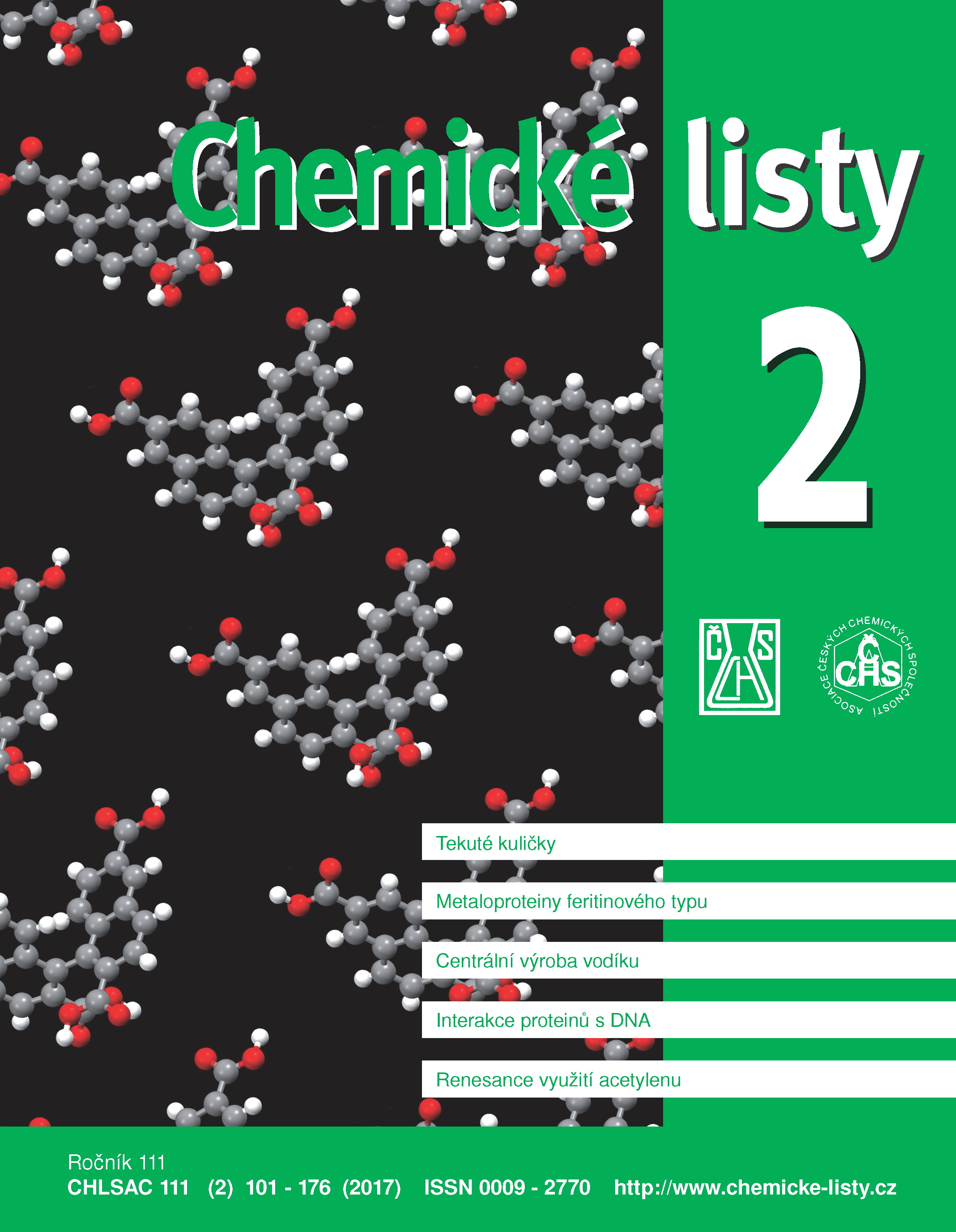Konkurenční asymetrická transfer hydrogenace: metoda pro studium molekulárních strukturních vlivů
Klíčová slova:
ruthenium, homogenní katalýza, konkurenční asymetrická transfer hydrogenace, iminAbstrakt
In last two decades, the asymmetric transfer hydrogenation became widely used for the preparation of enantioenriched substances, mostly chiral amines and alcohols. The competitive asymmetric transfer hydrogenation provides a feasible method to determine structural effects of the molecule of substrate, affecting their affinity to the active site of the catalyst, as well as the selectivity of the catalyst to the substrate. In this work, the course of the asymmetric transfer hydrogenation of two dihydroisoquinoline substrates was studied, employing Noyori's homogeneous ruthenium complex as the catalyst, both individually and in a competitive arrangement. Finally, differences in the behavior of both substrates were explained based on measured data.





